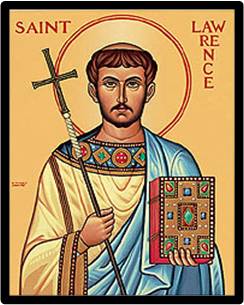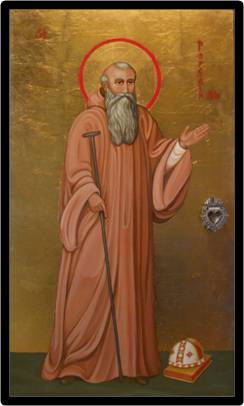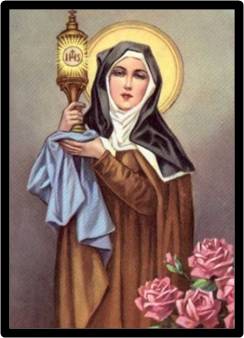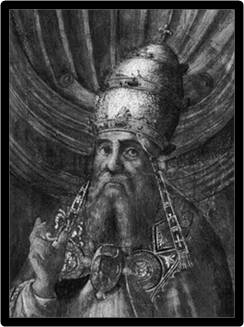AUGUST 10 - ST. LAWRENCE

This famous martyr of Rome lived in the third century. He was one of seven deacons who were in charge of giving help to the poor and the needy.
Then big trouble started and the troublemakers who did not like Christians decided to kill Pope St. Sixtus II. As they took the Pope away for execution (to chop off his head), Lawrence followed him weeping.
“Father, where are you going without your deacon?”
“I am not leaving you, my son,” answered the Pope. “In three days you will follow me.”
Full of joy, Lawrence gave to the poor the rest of the money he had with him. He even sold expensive church vessels so he would have more money to give away.
The prefect of Rome, a greedy man, thought the Church had a great fortune hidden away. He ordered Lawrence to bring the Church’s treasure to him. The saint said he would, in three days.
Then he went through the city and gathered together all the poor and sick people supported by the Church. He showed them to the prefect and said: “These people are the Church’s treasure.”
The prefect was furious. In his anger he asked them to kill Lawrence slowly so he would suffer more. The saint was tied on top of an iron grill over a slow fire that roasted him.
God gave him so much strength and joy that Lawrence joked with the judge saying “Turn me over”.
Before he died, he prayed that the city of Rome might be converted to Jesus. He prayed that the Catholic faith would spread all over the world.
Lawrence died on August 10, 158. His feast spread throughout Italy and northern Africa. Emperor Constantine built a beautiful basilica in Lawrence’s honor. St. Lawrence is among the saints mentioned in the First Eucharistic Prayer at Mass.



